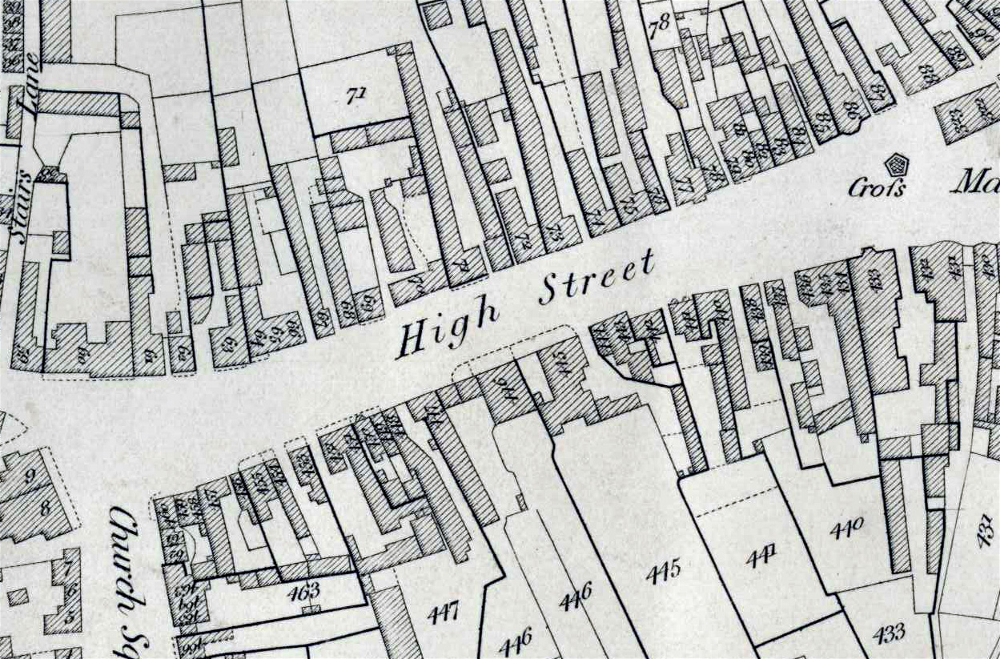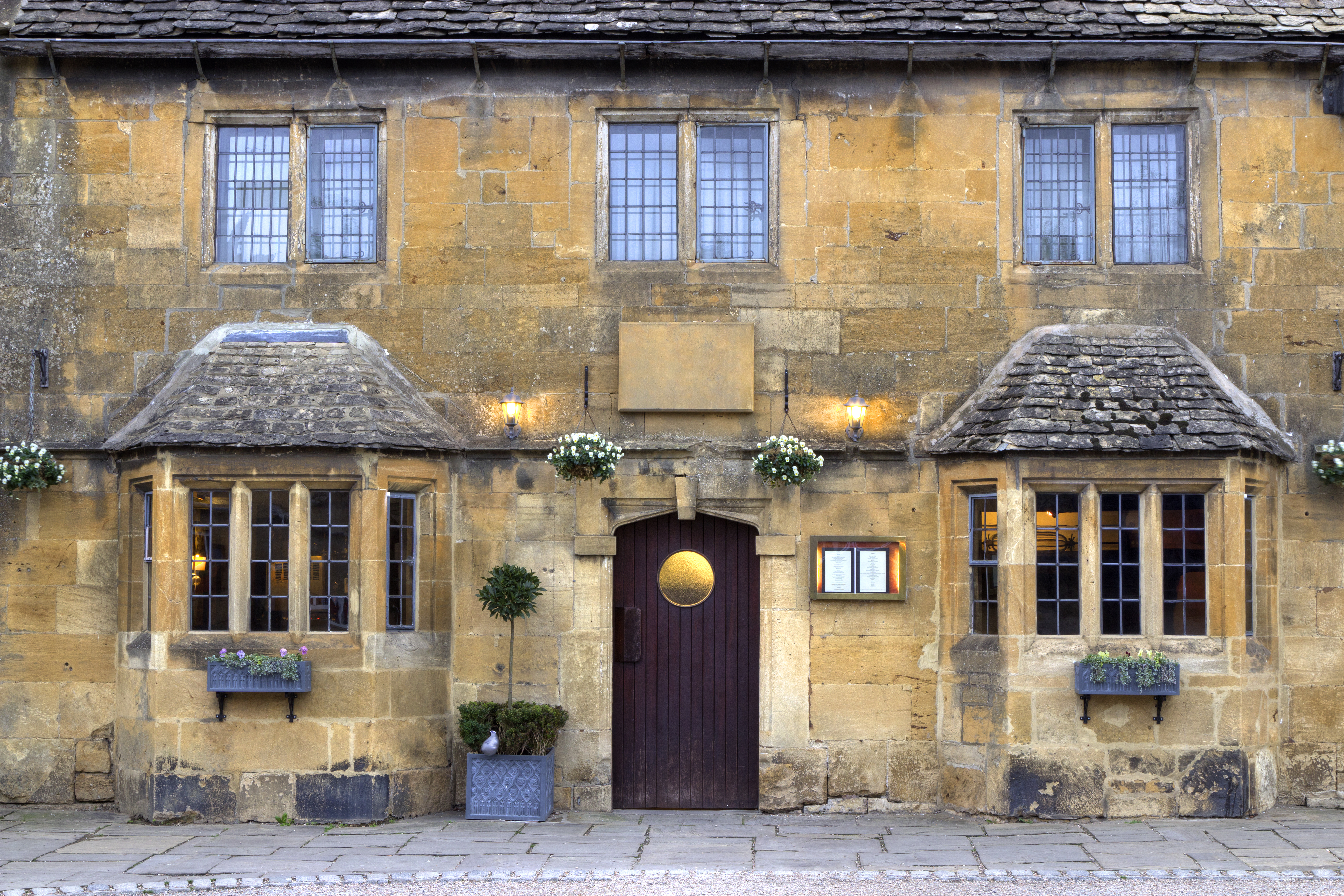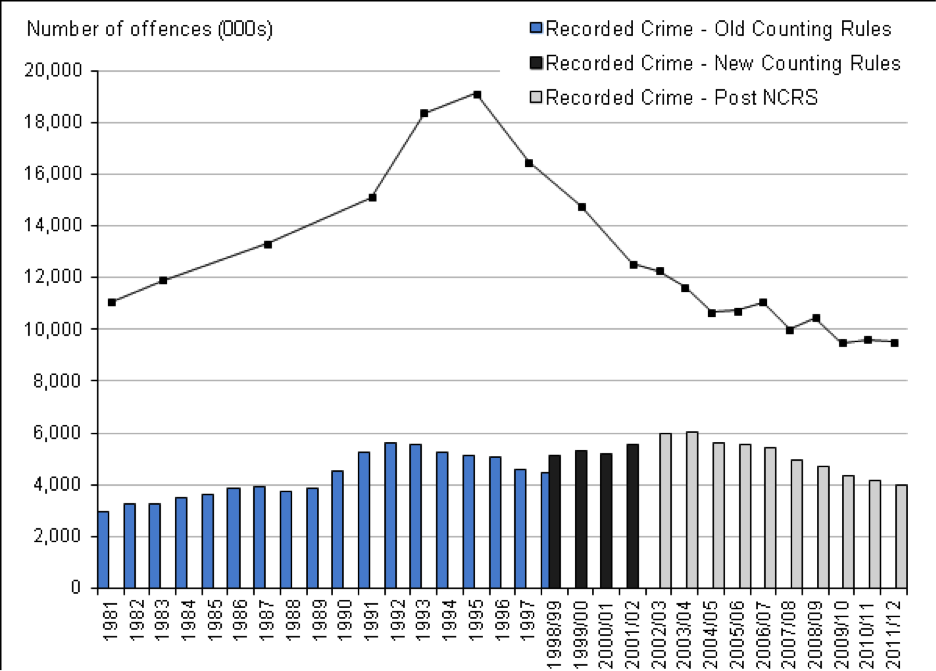12 Jun

Back in the day, the high street was the place to go. It was a place for specialist shops with knowledgeable staff, and anyone looking for quality products went there to do their shopping. This was before the digital age, and the remise we have experienced in the last couple of decades is partly to do with this. Another factor is that many councils seem desperate to maximise their revenue from parking, which makes shoppers less likely to travel to their high street as parking anywhere near costs an extortionate amount. The affordable options tend to be impractically distant.
The remaining shops on the high street are the big brands. Across every town, every village and even larger cities, there are a select few brands which seem immune to the infection that is killing the rest of them.
Typically, a British high street consists of the following:
- A small number of shops, all massive brands. Known by everyone, inspiring to no-one.
- Empty, closed up shops. Because rent and parking costs make it difficult to keep a business alive.
- Charity shops. Charity shops are great and do lots of good, but the reality is they aren’t exactly known for their attraction-value to your average shopper.
- Pubs and coffee shops (most of them also chains).
A vicious circle
Shoppers don’t go to their high street because they don’t want to pay for parking, and for many people there are options that are easier to reach. As a result, shops close down. With fewer shops and more empty shop windows, the high street is even less appealing to those who might be inclined to go despite the parking costs. And the shops that are left, can be found elsewhere and also online.
For independent shops, staying on the high street is a struggle. Only big brands seem to have the means to stay – covering the high rates that the high street demands.
Shop locally
At the core of the Loyalzoo mantra is supporting local business. We love our neighbourhood, our former neighbourhoods, our friends’ neighbourhoods and yours, too. Local communities offer diversity and liveliness that once was a trait of the high street – because it is made up of smaller, specialist shops, often owned by passionate individuals whose eyes are lit up when they talk about their interests. Talking to shop owners who care about what they do, is inspiring, and a very different experience to that walking into a multimillion business which is the same wherever you go. And these days, due to the rates, the high street has little room for merchants like that.
For some people, the high street is their local area. And for them, and everyone else, it should work as a vibrant, social hub, crammed with shops, cafes, life and soul. Politicians keep talking about saving the towns and the villages – saving the high street would be a good step towards this. By making it appealing to the local people to use their local high street, they are less likely to drive for miles to another super-mega-hyper market which has everything you need available in one massive, sterile and uniform environment.
Support your merhcant
The most important thing to do is to support the shops you like. Whether they are on your town high street or across the road from your house. Make use of your neighbourhood cafes, bakeries, hair salons and butchers. As much as 70% of what you spend in an independent shop goes straight back to the business – so if you care about your local shop, this is an easy choice to make. The big ones manage on their own – it is the small ones that need help, and the small ones that can truly make a difference to the life and soul of a community. And fingers crossed they will manage a return to the high street, bringing with them some much needed life and soul.


